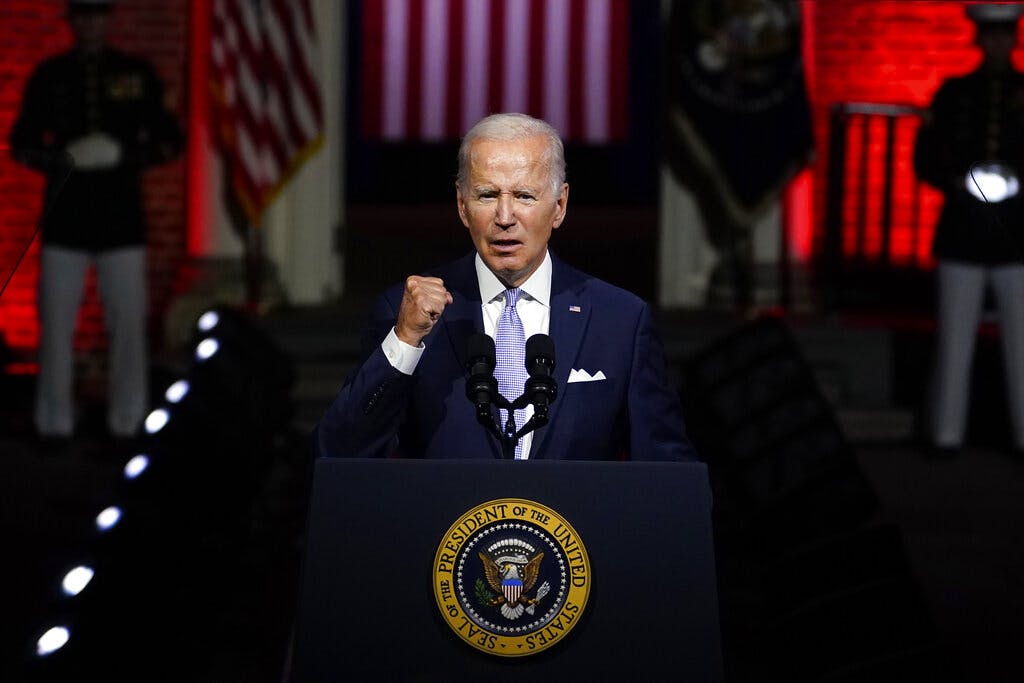
Thousands Of Venezuelan Women Remain Trapped In Colombia’s Sex Trade Following Maduro’s Capture
By HOLLIE McKAY
|Liberals don’t want Donald Trump to be elected president again — so they are side-stepping the democratic process and using the legal system to attack him.

Already have a subscription? Sign in to continue reading

By HOLLIE McKAY
|
By ELYSA GARDNER
|
By HOLLIE McKAY
|$0.01/day for 60 days
Cancel anytime
By continuing you agree to our Privacy Policy and Terms of Service.